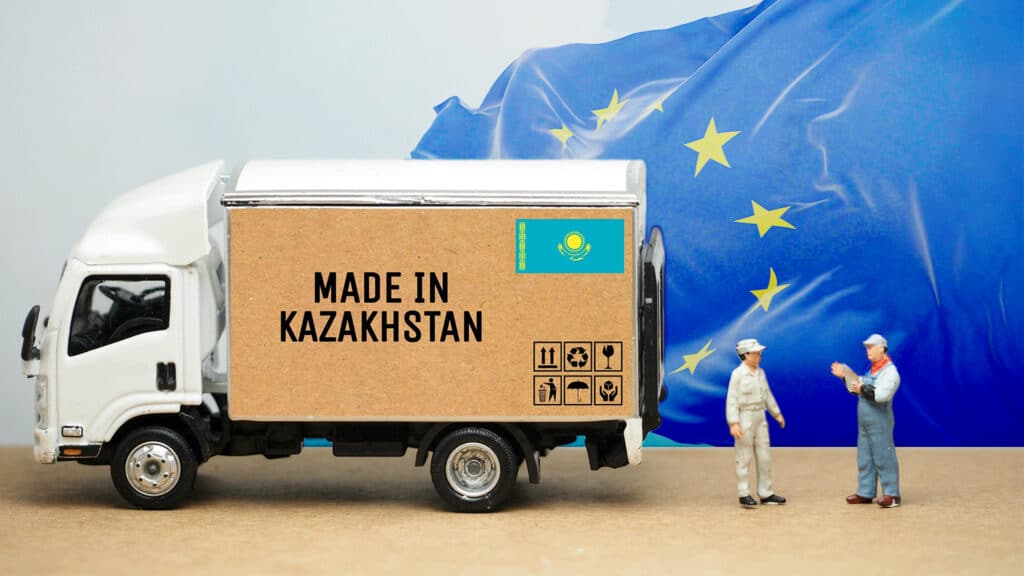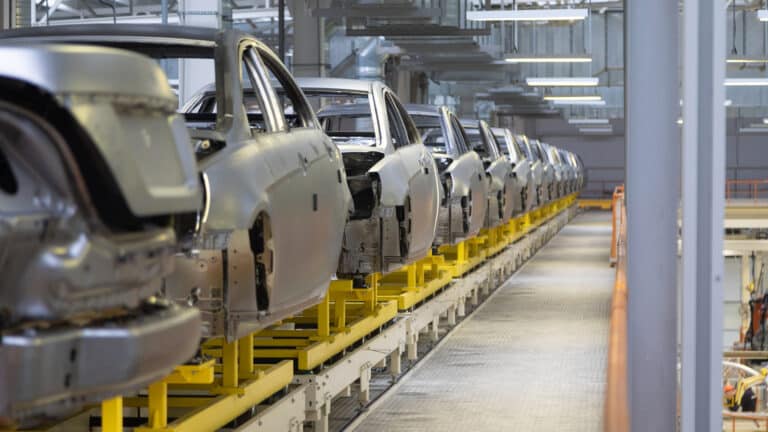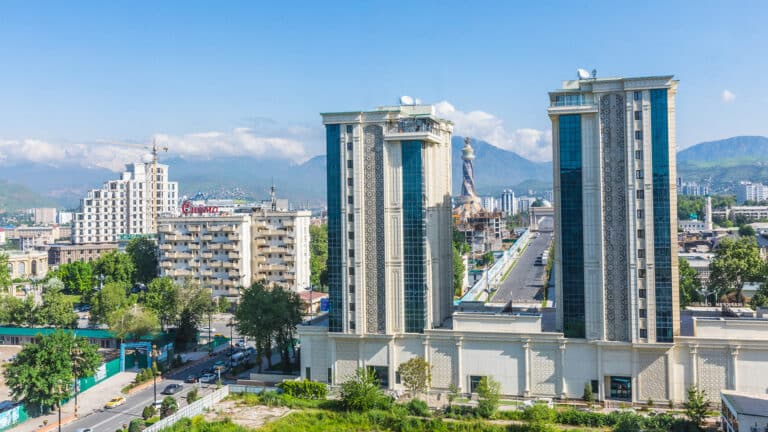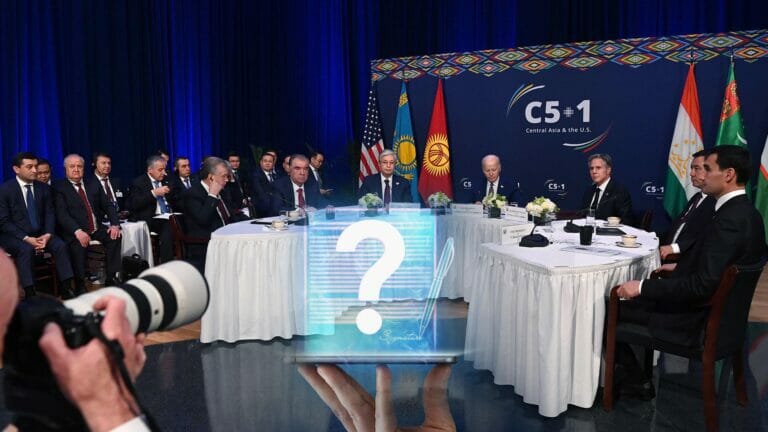
According to the EU Ambassador to Kazakhstan Kestutis Jankauskas, the EU would like to boost trade turnover with Kazakhstan even though it is not an easy task.
«On June 25, several companies from the EU and representatives of Kazakhstani agriculture and foreign ministries discussed what exactly European businesses should do to expand their presence in Kazakhstan, a part of the Eurasian Economic Union. Even though this is not an easy task, I think we are trying to find a win-win solution,» he said during an EU-Central Asia summit on investment, competitiveness and trade.”
Jankauskas pointed out that in late May 2024, a delegation of more than 30 European companies visited Kazakhstan, headed by European Commissioner for Agriculture and Rural Development Janusz Wojciechowski. EU businesses and officials were curious about what must be done to boost European exports to Kazakhstan and vice versa. First and foremost, proper certificates and licenses are needed, the EU ambassador highlighted.
«Kazakhstan’s fish has been certified over the last year. There are many fish factories in Kazakhstan. EU ambassadors have traveled to the Aral Sea recently and visited some of the factories that export their fish to Europe. Good news came again the other day as Kazakhstani honey has also been certified.
Kazakhstani honey is expected to be supplied to Europe by the end of this year. Kazakhstan also wants to export horse meat to Europe, where the certification process has already begun. For example, there are some export arrangements with Italy.
In mid-March, the press service of the Ministry of Trade of Kazakhstan said it would boost exports to Italy with the help of a new brand: “Made in Kazakhstan with Italy.» The export of Kazakhstani processed products to Italy has the potential of surpassing the $260 million mark.














